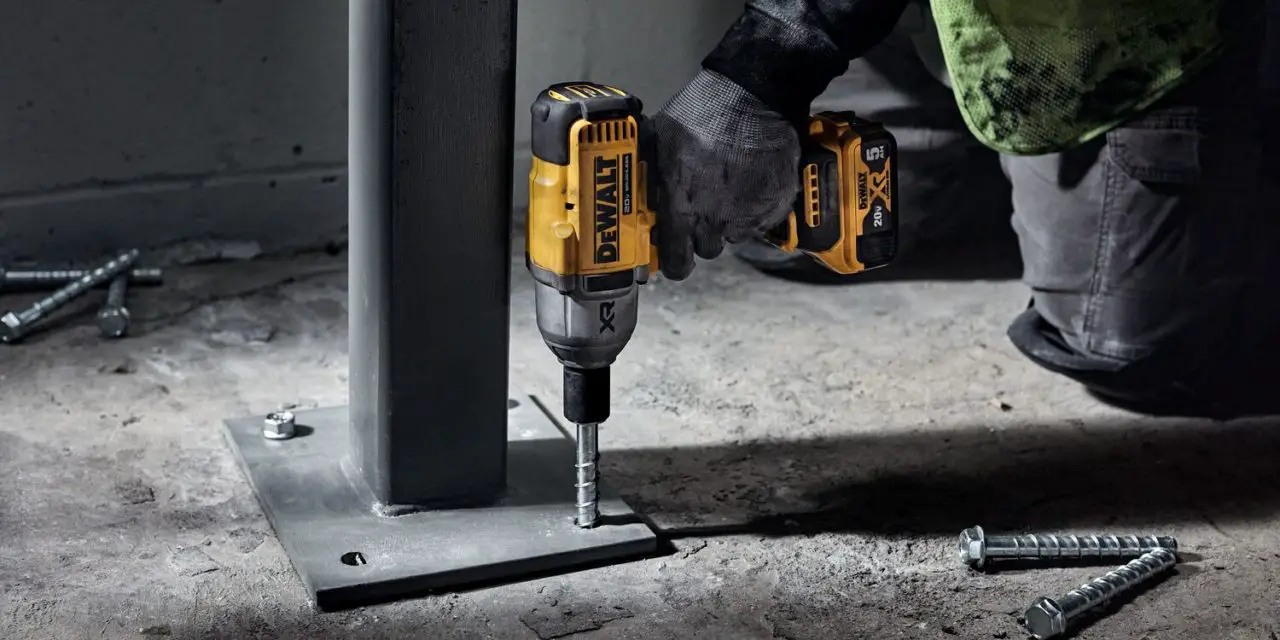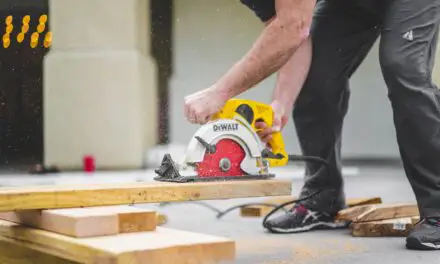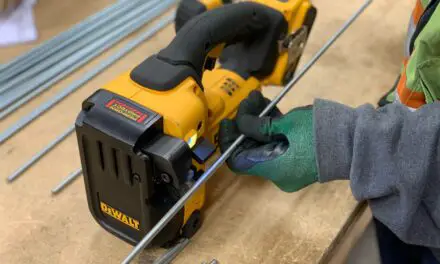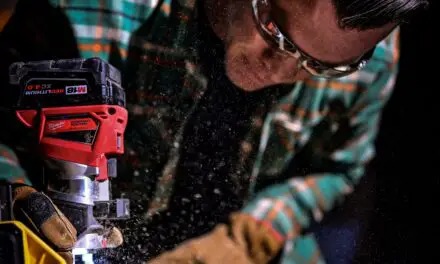If you are considering purchasing a DeWalt drill or already have one in your tool belt, there is a lot you need to understand about the device. One of the most important aspects of your drill that you need to know about is how many RPMs it provides. So let’s find out: How many RPM is a DeWalt drill?
There are dozens of DeWalt drills on the market, and they each have a different RPM. The average maximum RPM of a DeWalt drill is between 1500 and 3250. While the 1500 RPM models should do the trick for smaller jobs, if you need more power and speed, it’s best to opt for the 3250 RPM options.
In this article, we are going to find out how many RPMs the most popular DeWalt drills have. As well as why RPM is so important and how much you will need for whatever it is you’re working on. So keep reading! You will be a DeWalt drill RPM expert in no time.
What is RPM on a DeWalt Drill?
Before we dig into the various DeWalt drill models and how many RPMs they each have, it’s first important to understand what RPM actually is!
RPM, or revolutions per minute, measures the no-load or speed of the eclectic motor within the drill.
It’s important to understand the RPM of a DeWalt drill because even though the higher speeds are useful for big projects, if you don’t use the tool correctly, a high RPM machine could cause excess friction.
Therefore, overheating the tool, stipping the material, and even causing lasting damage to your DeWalt drill.
How Much RPM Do You Need?
So, let’s find out how much RPM you need for your project and also when you should use a higher-speed or lower-speed RPM DeWalt drill.
The average maximum of a cordless drill is 1500 RPM, and realistically no matter what you need the drill for, you should never opt for one that provides less than 1500 as it won’t be fast enough for most projects.
On the other hand, many corded drills have a maximum of around 3000 RPM. Now, you might want to invest in a drill with 3000+ RPM as they are not only more durable, but they also use less electricity and are more energy efficient.
It’s also important to note that if you’re working with harder materials such as steel, iron, granite, etc., you should opt for a higher RPM DeWalt drill.
How Many RPM Are DeWalt Drills?
Finally, it’s time to find out actually how many RPMs are in DeWalt drills! As you now know, each of the DeWalt drills has various offerings, including different maximum RPMs.
So for your convenience, we have collected the data so that you can read how many RPMs the popular DeWalt drills have all in one easy-to-read table!
When you are shopping for a DeWalt drill, it is vital that you note the RPM it provides before making your purchase.
And while these are a few of the most well-known DeWalt drills, the company offers dozens of models with various RPMs so that you can find the one that works best for your needs!
How Do I Know What RPM My DeWalt Drill Is?
On the other hand, if you already have a DeWalt drill, you may want to know how to find out what the RPM is.
In this case, there are two ways to find the RPM of your DeWalt drill.
- You can find the RPM listed in the user manual within the stats section.
- Enter the machine number or name online to search the RPM.
Either way, you should be able to find the RPM of your DeWalt drill in just a few seconds. And then, you can fully understand what the drill can and should be used for.
The Bottom Line
So, how many RPM is a DeWalt drill? You should know the answer to this one by now!
But just to recap: Every DeWalt drill has a different maximum RPM. Most corded DeWalt drills have an RPM of up to 3,000 to 3,250. However, corded drills usually only have a maximum RPM of 1,500 or 2,000.
As promised, you are now a DeWalt drill RPM expert, and hopefully, you understand exactly what RPM is and why it’s important for your drill!





